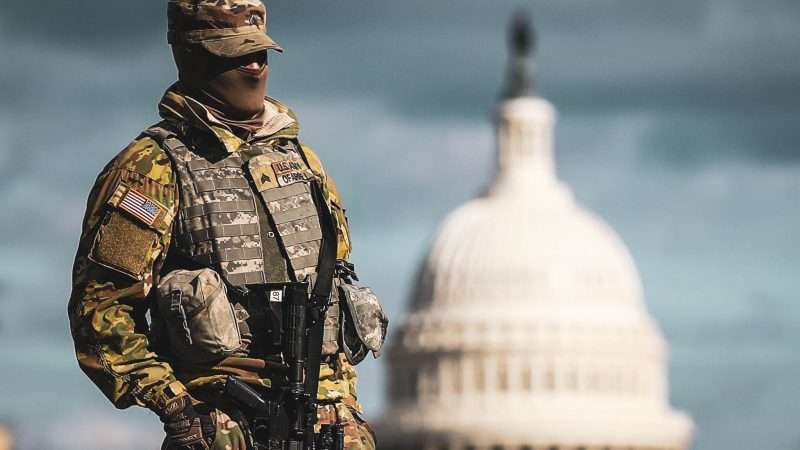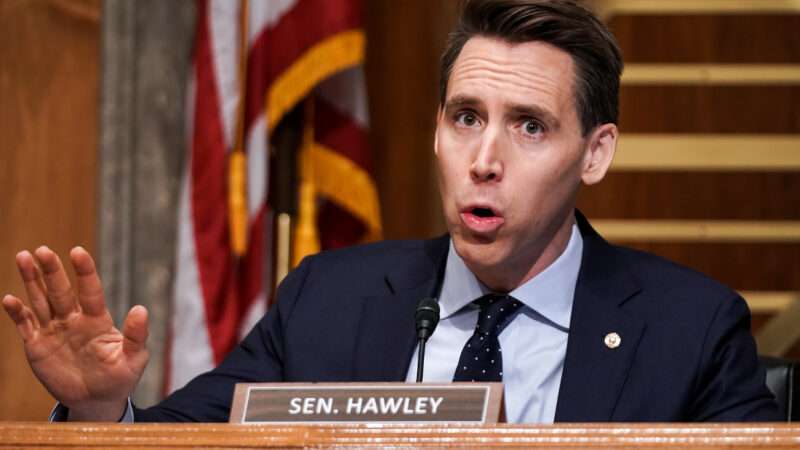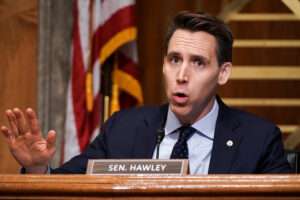The National Law Journal reports that the Biden Administration is having some difficulty finding a Solicitor General:
Biden’s selection for U.S. solicitor general is still being discussed, according to a source close to the team. California Supreme Court Justice Leondra Kruger, mentioned as a possible choice, has twice declined the job. Judge Diane Wood of the U.S. Court of Appeals for the Seventh Circuit has also reportedly been considered for the position.
I am not surprised Justice Kruger declined the nod. I offered her this same unsolicited advice last month. Kruger will almost certainly be nominated when Justice Breyer steps down. Why would she suffer through an unnecessary confirmation hearing, and potentially get embroiled in political conflicts? The fact that she declined twice reaffirms my thinking.
In the interim, Elizabeth Prelogar will serve as acting Solicitor General.
Elizabeth Prelogar, a Cooley partner in Washington and former assistant to the U.S. solicitor general who was a legal adviser in the special counsel probe of Russian interference in the 2016 election, will be the principal deputy U.S. solicitor general in the new Biden administration.
Alas, other candidates on the short list are not female:
The transition team is still interested in filling the position with a woman, preferably someone with litigation experience and stature. However, if the choice is a male, some names mentioned include Mayer Brown partner Andrew Pincus and David Frederick of Kellogg, Huber, Hansen, Todd & Frederick.
Either selection would be excellent, but they are both white men. There is another non-white male on the short list:
It is also possible that Chief Judge Sri Srinivasan of the D.C. Circuit may be among the candidates, although there is some concern about removing two judges from that appeals court.
There is some precedent for a D.C. Circuit judge stepping down to serve as Solicitor General, in the hopes of getting appointed to the Supreme Court. Ken Starr served on the D.C. Circuit from 1983 till 1989. At that point, he was confirmed as Solicitor General in the H.W. Bush administration. Most people assumed Starr made this move to help his Supreme Court prospects. Alas, Starr was not selected for the Brennan and Marshall seats. The rest is history. My unsolicited advice to Judge Srinivasan: stay put.
from Latest – Reason.com https://ift.tt/35UZpsk
via IFTTT



